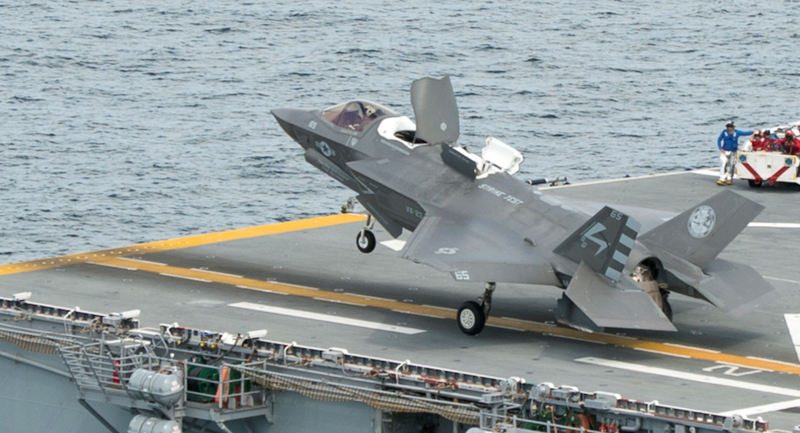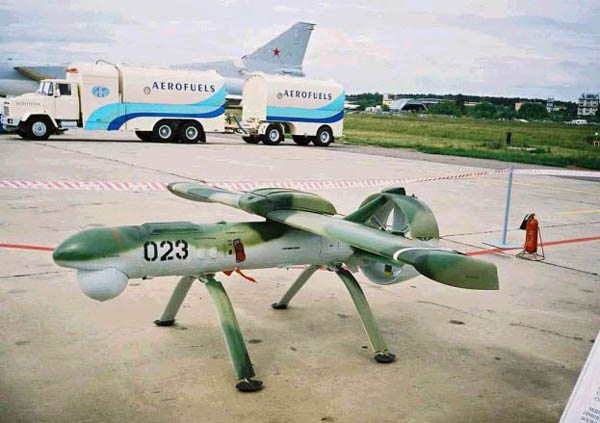Six U.S. Marine Corps F-35B Lightning II jet aircraft arrived Monday evening aboard the USS WASP off the coast of the United States’ Eastern Seaboard to mark the beginning of the first shipboard phase of the F-35B Operational Test (OT-1).
The at-sea period will continue aboard USS WASP for the next two weeks, with fleet representative aircraft and maintenance personnel from Marine Operational Test and Evaluation Squadron 22, Marine Fighter Attack Squadron 121, Marine Fighter Attack Training Squadron 501, and Marine Aviation Logistics Squadrons 13 and 31.
OT-1 will assess the integration of the F-35B while operating across a wide array of flight and deck operations. Specific OT-1 objectives include demonstrating and assessing day and night flight operations in varying aircraft configurations; digital interoperability of aircraft and ship systems; F-35B landing signal officer’s launch and recovery software; day and night weapons loading; and all aspects of maintenance, logistics, and sustainment support of the F-35B while deployed at sea.
Additionally, the U.S. Navy-Marine Corps team is working closely with Naval Sea Systems Command to assess specific modifications made to USS WASP to support future deployments.
“The F-35 Lightning II is the most versatile, agile and technologically-advanced aircraft in the skies today, enabling our Corps to be the nation’s force in readiness, regardless of the threat, and regardless of the location of the battle,” said Lt. Gen. Jon Davis, the Deputy Commandant for Marine Corps Aviation. “As we modernize our fixed-wing aviation assets for the future, the continued development and fielding of the short take-off and vertical landing, the F-35B remains the centerpiece of this effort.”
Data collected and lessons learned during OT-1 will lay the groundwork for F-35B deployments aboard U.S. Navy amphibious carriers following the Marine Corps’ F-35B initial operating capability declaration planned for this coming July.











